This article was written by Yvette Hutchinson, British Council, and Diversity and Inclusion Officer for the September 2021 UKFIET conference.
Over the years, I have spent a good portion of my time reading research proposals and job applications and sat in meetings where panellists have tried to convince me that equality has been ‘implicit’ in the application; that an omission to acknowledge diversity or anti-racist approaches has not been ‘conscious’. The general assumption being that we are all good kind people whose interest in international development work is easily perceived and objective. Thus, while we have accepted the implicit and the well-meaning, we have not been explicit in saying that this is insufficient.
In their prescient article, ‘The erasures of racism in education and international development: re-reading the ‘global learning crisis’, Sriprakash, Tikly and Walker state the following:
“Silence is often thought about as an absence, and specifically as an absence that is passive. However, we see silence as active and dynamic; it is an act of erasure and misrepresentation.’’
Since the publication of the article in January 2019, people across the world have demonstrated against the passive silence of erasure with primal screams against racism and injustice.
Amidst the many acts of contrition and revisions of programmes, many of our institutions are making statements that ‘Black Lives Matter’ while we await further, more definitive statements about how that will inform our praxis and fundamentally change our institutions.
This year, the UKFIET conference committee amended the criteria for symposia, requiring that each submission include “a brief explanation of how the organiser has addressed diversity in the make-up of the symposium members.”
This is certainly explicit and a step away from the implicit expectation of diversity that we have had in the past. However, we know that perhaps, like many of our member organisations, this is a small step on a lengthy journey. We see the strength of UKFIET in its balance of voices and opinions and, to quote the Cite Black Women Collective, in its membership’s commitment “to critically reflect on their everyday practices of citation”.
The aim must be to go beyond diversity across panels in order that UKFIET can continue to lead as a forum that challenges and informs individuals and institutions. It requires a partnership and the joint working of the member organisations as we commit to the themes of the conference:
Building back better should also consider how education and training systems can be reoriented to become transformative, challenging discrimination, and acting as drivers for a more equitable distribution of wealth and power in society.
To cite a formidable Black woman, “I have come to believe over and over again that what is most important to me must be spoken, made verbal and shared … ” (Audre Lorde in ‘The Transformation of Silence into Language and Action’).
See also, Ruth Naylor, UKFIET Conference Chair’s blog about the conference theme: Building back better in education and training? Contested punctuation

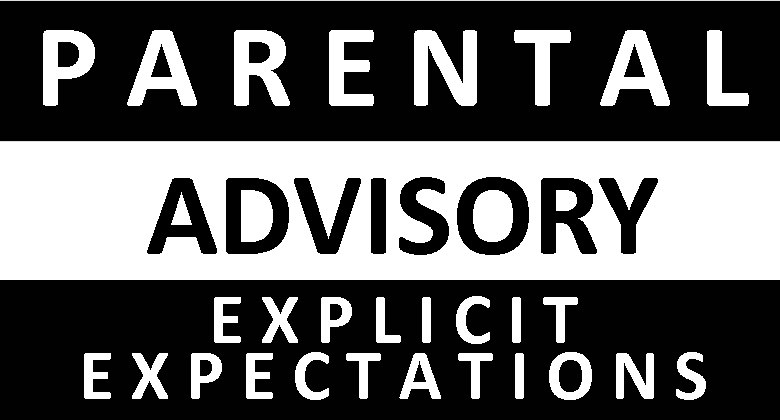
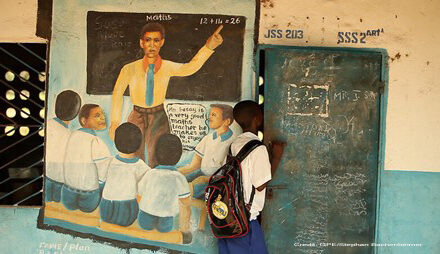
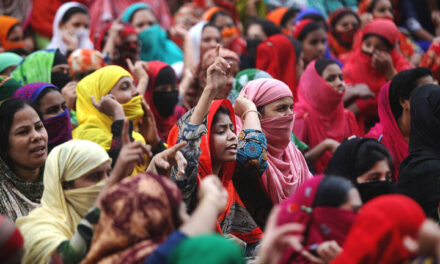
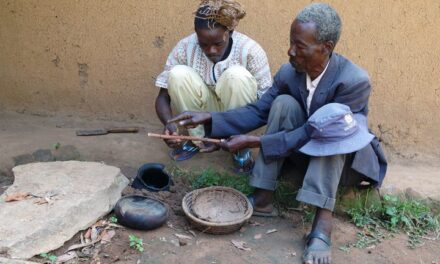
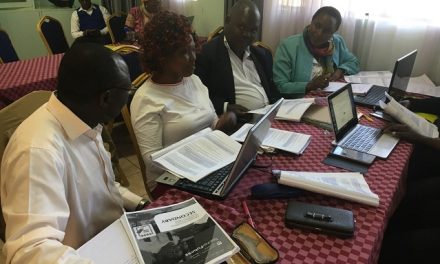
Very good ideas and valued and apt questions.